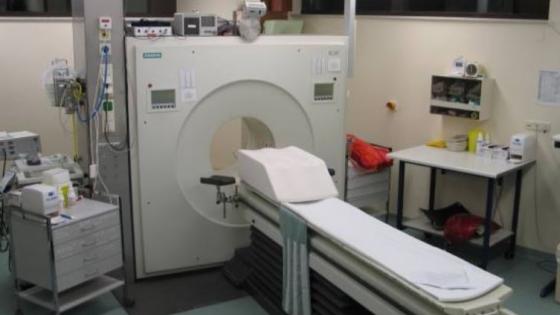Subtle Medical Inc., a California-based medical device company, has received clearance 510(k) from the U.S. Food and Drug Administration (FDA) to market its SubtlePET solution. SubtlePET is an Artificial Intelligence (AI)-powered advanced imaging system that allows the healthcare providers to improve image quality with the aid of Positron Emission Tomography (PET) scans. This would lead to enhanced patient experience when undergoing nuclear imaging procedures while delivering high-quality results and provider profitability.

The AI platform integrates any OEM (Original Equipment Manufacturer) or PAC (Picture Archiving Communication) system with deep-learning algorithms to improve images during the process without altering or hindering the radiologist’s workflow. Subtle Medical believes that this cutting-edge AI platform will help hospitals and imaging centers perform more numbers of exams daily while minimizing the amount of time a patient has to spend in a scanner. This will eventually lead to enhanced patient experience.
As stated by Enhao Gong, Founder, and CEO of Subtle Medical, “This FDA clearance is a key milestone in Subtle Medicine’s mission to bring novel and empathetic deep learning to improve patient satisfaction. He further added, “Our focus on image acquisition and workflow differentiates us from other AI companies that are working on post-processing and computer-aided diagnosis products. We are not replacing radiologists––we are addressing the tremendous cost to U.S. healthcare by leveraging deep learning in imaging at the infrastructure level to enable better and higher quality care.”
With the aid of Artificial Intelligence, SubtlePET allows radiologists to scan a patient 4x faster than conventional PET imaging process. Despite its quickness, it helps maintain optimal image quality and does not impact the workflow. This can be beneficial for the service provider, ensuring a lucrative value proposition. SubtlePET is Subtle Medical’s first product in the line of AI technologies to receive clearance from the FDA. The company is yet to submit additional products for FDA clearance.
How Artificial Intelligence Can Help Improve Medical Imaging
AI-powered applications are built on the premises of deep learning, augmenting a medical practitioner’s ability to identify the relevant data underlying an exam image by presenting it in a concise and easy-to-understand format. It helps bridge the gap between scan images and text reports, aiding in faster and informed decision making. Artificial Intelligence reviews the images and attributes the findings immediately – from deep learning gathered from the image as well the patient’s history associated with the anatomy scanned. Thus, a doctor has a comprehensive report in hand when scrutinizing a patient after a scan.
AI in medical imaging also helps speed up the entire process, ensuring that patients have to spend less time on the scanner. Service providers can now perform more imaging but with no additional overhead costs involved. Thus, AI in imaging not only helps deliver enhanced patient experience but also ensure improved profitability.
Conclusion
More and more healthcare providers are switching from text-only radiology reports to AI-powered interactive solutions for improved decision making and better patient care. In other words, Artificial Intelligence is the future of the healthcare industry, with the imaging sector proposed to benefit more from this advanced technology.
sepStream™ revolutionizes the diagnostic imaging industry offering advanced EMR/RIS/PACS solutions that help streamline processes and save costs when performing on FDA-approved radiology devices. The cloud-based tools can be used for diverse healthcare applications, ensuring better decision-making in terms of patient care and treatment solutions.